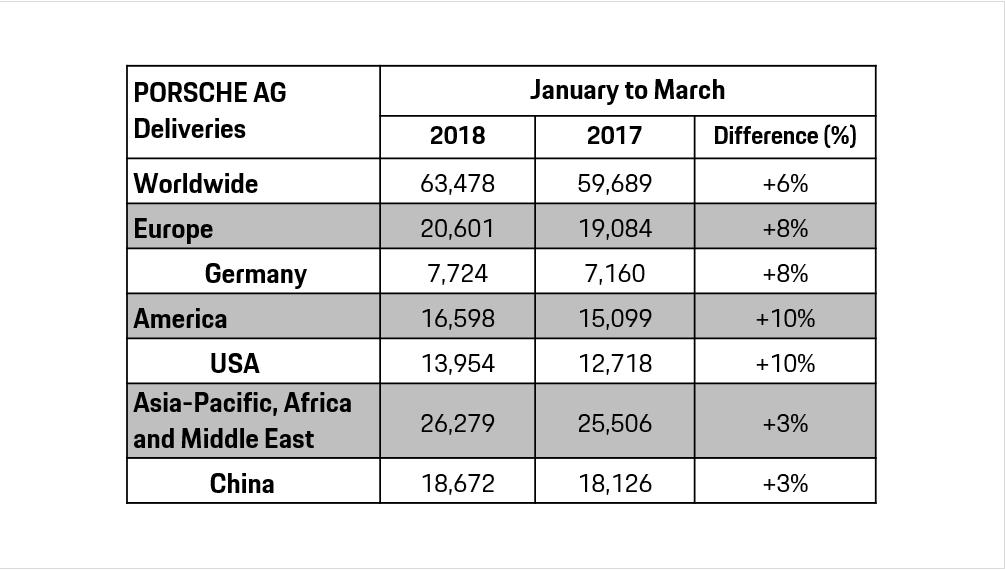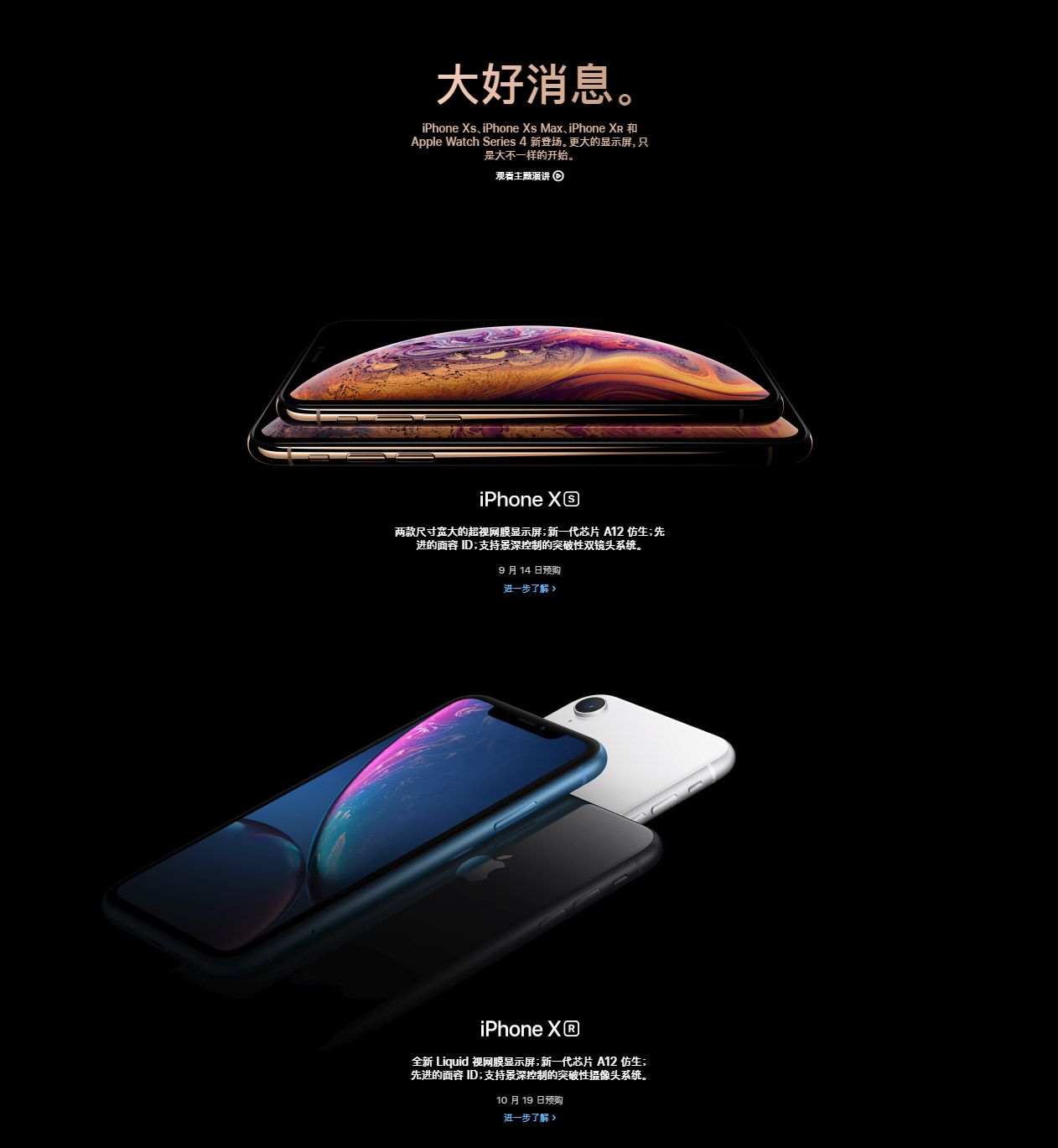BMW, Porsche, And The Complexities Of The Chinese Auto Industry

Table of Contents
The Allure and Challenges of the Chinese Luxury Car Market
The allure of the Chinese luxury car market is undeniable: a burgeoning affluent middle class with a growing appetite for premium vehicles. However, this seemingly lucrative market is far from simple. Intense competition, stringent government regulations, and fluctuating economic conditions create significant hurdles for foreign automakers like BMW and Porsche. The premium car sales in China are highly competitive, not just with other international brands, but increasingly with sophisticated domestic competitors.
- High import tariffs and taxes: These significantly increase the cost of foreign vehicles, impacting profitability and pricing strategies.
- Strong domestic competition: Established and emerging Chinese brands are aggressively challenging the dominance of foreign luxury car manufacturers, offering competitive pricing and features tailored to local preferences.
- Shifting consumer preferences: Chinese consumers are increasingly demanding electric and hybrid vehicles, pushing foreign automakers to accelerate their electrification strategies. Understanding these evolving preferences is crucial for success in the high-end vehicles China market.
- Localization and adaptation: Simply importing existing models is insufficient. Success requires adapting designs, features, and even marketing strategies to align with Chinese consumer tastes and expectations.
- Navigating complex regulations: The Chinese auto industry is subject to a complex web of government regulations and bureaucratic procedures, requiring careful navigation and compliance.
BMW's Strategy in China: Localization and Innovation
BMW's success in China is a testament to its commitment to localization and innovation. Their strategy centers on catering to the specific needs and preferences of the Chinese market through localized production, R&D, and targeted marketing. This approach extends beyond simply manufacturing cars in China; it encompasses building a strong understanding of the local market. Their BMW strategy China is a model for other international players.
- Extensive dealer network: A wide-reaching network of dealerships and service centers provides convenient access for Chinese customers.
- Tailored production: BMW produces models specifically designed and engineered for the Chinese market, addressing unique requirements and preferences.
- Digital marketing focus: BMW leverages digital marketing and online sales channels to reach Chinese consumers effectively.
- Local R&D investment: Significant investment in research and development facilities within China allows for quicker adaptation to evolving market demands and preferences.
- EV expansion: BMW is heavily investing in its range of electric and hybrid vehicles to meet the growing demand for sustainable mobility options in China. Their BMW electric vehicles China lineup is steadily expanding.
Porsche's Approach: Preserving Brand Heritage While Adapting to the Market
Porsche, a brand synonymous with exclusivity and performance, navigates the Chinese market by skillfully balancing its iconic heritage with necessary adaptations. Maintaining its premium brand image is paramount while simultaneously catering to the unique desires of Chinese luxury car buyers. Their Porsche strategy China is focused on preserving their brand image while modernizing.
- Emphasis on exclusivity: Porsche maintains its focus on exclusivity and brand heritage, appealing to discerning customers who value prestige and performance.
- Targeted marketing: Porsche employs targeted marketing campaigns emphasizing its performance, design, and brand legacy.
- Strategic partnerships: Collaborations with Chinese companies facilitate smoother market entry and better understanding of the local context.
- Electric vehicle introduction: The introduction of electric models like the Taycan demonstrates Porsche's commitment to sustainability and caters to the growing interest in eco-friendly luxury vehicles.
- Digital customer engagement: Investing in digital experiences and enhancing customer engagement through various online platforms is crucial for reaching the tech-savvy Chinese consumer.
The Broader Context: Government Policies and Economic Factors
The Chinese auto industry is heavily influenced by government policies, economic growth, and infrastructure development. International automakers must carefully consider these macroeconomic factors to effectively navigate the market. The Chinese government policy auto industry is constantly evolving.
- Government incentives: Government incentives and subsidies for electric vehicles are significantly shaping the market and driving adoption.
- Stringent emission standards: Stricter emission standards and regulations force automakers to invest in cleaner technologies.
- Charging infrastructure: Investment in charging infrastructure and related technologies is vital for the success of electric vehicles.
- Economic fluctuations: Economic fluctuations can significantly impact consumer spending and purchasing decisions.
- Digitalization: The increasing role of technology and digitalization within the auto industry is transforming operations and customer experience.
Conclusion
The Chinese auto industry presents both immense potential and substantial complexities for international automakers like BMW and Porsche. Success depends on a thorough understanding of consumer preferences, government regulations, and the wider economic environment. Both BMW and Porsche have demonstrated strategic adaptation and innovative responses, effectively navigating the challenges and capitalizing on the opportunities this dynamic market offers. Understanding the intricacies of the Chinese auto industry is vital for anyone in the global automotive sector. Learn more about the strategies employed by BMW and Porsche and how other brands are tackling the complexities of this significant market. Further research into the China automotive market will reveal valuable insights into future trends and opportunities.

Featured Posts
-
 Mothers Tweet About Southport Stabbing Results In Prison Sentence And Home Detention Ban
May 21, 2025
Mothers Tweet About Southport Stabbing Results In Prison Sentence And Home Detention Ban
May 21, 2025 -
 Did Liverpool Deserve To Beat Psg Arne Slot Weighs In On Luck And Alissons Impact
May 21, 2025
Did Liverpool Deserve To Beat Psg Arne Slot Weighs In On Luck And Alissons Impact
May 21, 2025 -
 Complete Sandylands U Tv Schedule And Airtimes
May 21, 2025
Complete Sandylands U Tv Schedule And Airtimes
May 21, 2025 -
 Ftc Vs Meta The Defense Begins
May 21, 2025
Ftc Vs Meta The Defense Begins
May 21, 2025 -
 Juergen Klopp Bir Sonraki Adimi Ve Transfer Olasiliklari
May 21, 2025
Juergen Klopp Bir Sonraki Adimi Ve Transfer Olasiliklari
May 21, 2025
Latest Posts
-
 Impact Of Budget Cuts Fremantles Q1 Revenue Down 5 6
May 21, 2025
Impact Of Budget Cuts Fremantles Q1 Revenue Down 5 6
May 21, 2025 -
 Mainz Henriksen Following In The Footsteps Of Klopp And Tuchel
May 21, 2025
Mainz Henriksen Following In The Footsteps Of Klopp And Tuchel
May 21, 2025 -
 Fremantles Q1 Financial Results 5 6 Revenue Decrease Attributed To Reduced Buyer Spending
May 21, 2025
Fremantles Q1 Financial Results 5 6 Revenue Decrease Attributed To Reduced Buyer Spending
May 21, 2025 -
 Benjamin Kaellman Potentiaali Kehitys Ja Huuhkajien Tulevaisuus
May 21, 2025
Benjamin Kaellman Potentiaali Kehitys Ja Huuhkajien Tulevaisuus
May 21, 2025 -
 Fremantle Q1 Revenue 5 6 Drop Due To Buyer Budget Cuts
May 21, 2025
Fremantle Q1 Revenue 5 6 Drop Due To Buyer Budget Cuts
May 21, 2025
